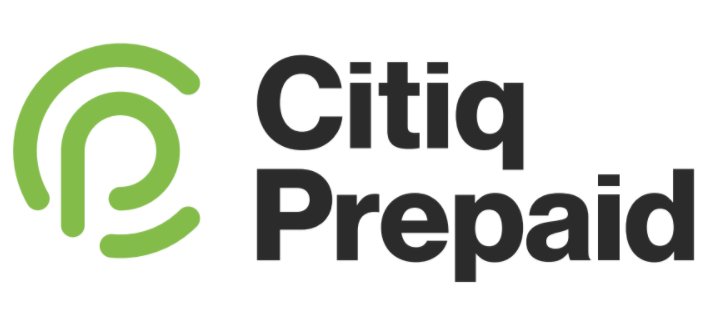A buy-to-let property can be a sound investment but managing the property might prove difficult and time consuming for an inexperienced landlord. If you decide to manage the property yourself, you’ll need to do your homework and know the rental process well. You should be prepared to devote some time and effort into managing the property, as it can be quite a task, but also very exciting and potentially profitable. Here are 5 rental property tools that can help every landlord manage this more easily:
1. Screening tenants
One of the biggest problems faced by landlords are tenants who default on their rent. It’s crucial to screen potential tenants before signing any rental agreements with them. In order to perform these tenant checks, you’ll need written consent from your prospective tenant.
You’ll need the following documentation:
- A copy of their ID/Passport and TAX number
- 3-6 Months’ Bank Statements
- Proof of income
- Contact details of their employer
- References from previous landlords
There are multiple ways to screen tenants, including using rental property tools like Preferental. Preferental allows owners to manage their property from the comfort of their smartphones, and rewards renters for simply playing by the rules. They can assist you with tenant screenings, background checks, risk ratings and payment histories. If you don’t want to use an agent, then a credit check can be done with any credit bureaux, but some institutions’ databases are bigger than others. We encourage you to use an established credit bureau for your tenant screening, such as TPN.
2. Legal agreements
If you are a first time landlord and do not have the budget for a lawyer of your own, we advise you look into drawing up a contract in an affordable way. There are excellent rental property tools available for first time landlords including Legalwise that has a range of free legal agreements available for download on their website. The contracts on their website are standard. It should be changed to suit your needs and circumstances. For peace of mind, consult with a lawyer on the risks associated with each specific contract. Paying for professional assistance and advice will save you in the long run.
3. Prepaid water and electricity meters
The number one fear most landlords have are tenants that will not pay their rent and utilities bills. Having tenants that rack up a high water or electricity account and refusing to pay can be challenging. It is also a criminal offence in terms of the Rental Housing Act for the landlord to disconnect utilities. So, what rental property tool is the solution?
Installing prepaid water and electricity meters in your rental properties will remove the hassle when it comes to recovering utility bills. Because tenants use electricity and water on a ‘pay as you go’ basis, they will make the payment upfront which reduces the risk and tension around bill discrepancies. When utilities are paid for upfront, you can say goodbye to arguing with tenants over electricity usage and you won’t experience unexpected post-payment issues with your tenants. Just one less thing to worry about when managing your rental properties. Ensure you choose quality prepaid meters that are also powered by an innovative vending system that enables both you and your tenant to access detailed reports to track and manage utility consumption efficiently.
4. Rental property management software
If you plan on managing multiple rental properties, then a rental property tool you need to consider investing in is management software. There are several excellent systems available that will enable you to easily keep track of your mandates, deposits, rental payments, lease details and renewal dates, maintenance requirements and the profitability of your rental book. Some will even enable you to run credit and tenant history checks on potential tenants. A simple Google search will help you discover all the property management software available.
5. Advertising and marketing your property
The greatest rental property tool to use for marketing your listing is through online listings. We suggest you advertise your listing everywhere, including social media, online classifieds like Gumtree, property listing websites like Property24.com etc. The power of print advertising in local community newspapers should not be overlooked either. Using multiple advertising platforms will guarantee more eyes on your listing. If you’re looking to rent out your place for short periods of time, adding your place to AirBnB is a great option. Users can visit your listing and enquire if they can stay for a few days or up to a few months, many of them being foreigners which could bag you foreign currency.
Being a property owner in South Africa can be a very profitable investment, so we hope these rental property tools assist you in running your rental property business efficiently.

